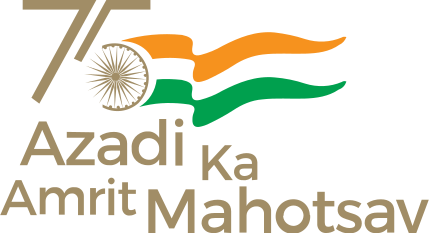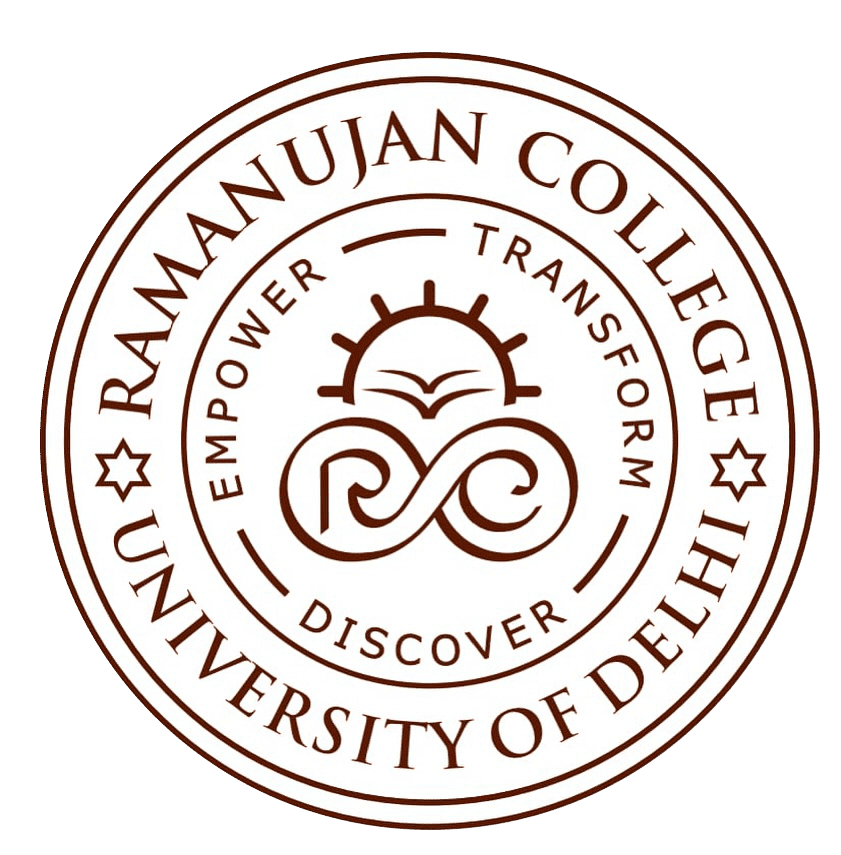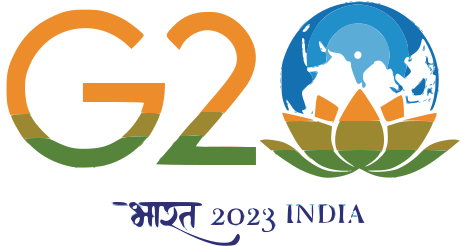THE INSTITUTION IS DISTINCTIVE IN ITS THRUST TOWARDS CAPACITY BUILDING FOR TEACHING, NON-TEACHING STAFF AND STUDENTS
Ramanujan College provides every opportunity to its teachers, non-teaching staff and students for an ethical and moral value-based self-development to meet the challenges of the dynamic teaching-learning environment. This is vital for the growth and advancement of the institution. In line with the NEP 2020 objectives, the College is consistent in its commitment to enhance the quality of its faculty, catalyse high standard academic research in discipline specific and interdisciplinary fields, build effective governance and leadership and provide an optimal learning environment and support system for the students. The College has a collaborative and interactive work culture.
One of the significant aspects has been the development of state-of-the-art ICT infrastructure in the College that is easily accessible to teachers, non-teaching staff and students. The College periodically organises training programmes in the latest ICT applications and tools in higher education. In the past five years, the practice of capacity building has been strengthened in multiple dimensions.
For teaching staff:
- The College encourages young and newly recruited faculty to participate in FIPs and enhances skill development of teachers through FDPs/Refresher Courses/Workshop. The teachers are financially and administratively supported.
- Workshops and hands-on training for skill development of teachers focuses on preparing for classroom (offline/online) lectures, accessing Open Educational Resources (OERs), using Creative Common License (CCL) and google applications, creating MOOCs and video resources through Open Broadcaster Software (OBS) and other meaningful teacher-student engagement.
- In the context of Covid-19, all teaching learning was shifted to the MS Teams platform. A group of expert teachers were given the responsibility to train and guide the faculty to ensure smooth transition.
- The IQAC has instituted research grants, awards and incentives in various categories to recognize substantial research contributions, thereby motivating the faculty to undertake doctoral and postdoctoral studies, quality academic research and publication in reputed and accredited journals.
As many as 22 faculty members have published in SCOPUS or Web of Science accredited journals in the past year and half. Teachers have also published in books and contributed chapters in books.
- The infrastructural incentives provided to the teachers helped them to develop their respective departments and acquire Honours courses. In the past five years, the College has been granted Honours courses in Economics, Environmental Science and History.
- In the TLC programmes, teachers of the College serve in the capacity of Programme Director, Convenors, Co-convenors, Organizing Secretaries and Organizing members. These engagements enable the teachers to recognise their own potential, increase productivity in the workplace, undertake multiple roles, develop leadership quality, and build a sense of teamwork. Many teachers of the College have been invited as valued resource persons and keynote speakers in national and international academic events.
- The teachers have taken up minor and major research projects, funded by the College/University of Delhi/UGC.
- The College values the long-term physical and emotional well-being of its teachers in order to support their teaching-learning, research and organisational roles and responsibilities. The School of Happiness plays an important role in this endeavour by organising talks, yoga and meditation sessions.
- The College extends administrative support for faculty to engage in curriculum development, content creation, question paper setting and evaluation.
For non-teaching staff:
- Basic and advanced ICT workshops have been organised to increase efficiency in work outcomes.
- Administrative and accounts related workshops for non-teaching staff have been held for updating knowledge and skills.
- FDPs for library professionals have been organised, including training sessions on KOHA.
- Non-teaching staff organise regular talks and seminars and attend programmes in other colleges/universities.
- Non – teaching staff has been provided training in the application of latest media software and use of equipment to produce high quality media resources.
- The IQAC has instituted an award for innovative administrative reform, which has been initiated and practiced.
- Non-teaching staff are involved in supporting faculty in organising TLC programmes, which has enhanced their work spectrum.
The IQAC periodically facilitates academic and administrative audits. Department-wise post-audit review meetings are conducted, which allows the teacher and non-teaching staff to introspect and channelise their strengths to acquire more skills and expertise, pivotal to their promotions.
For students:
- Compulsory personality development course has been introduced for students of all disciplines to groom and make them industry-ready.
- Executive Certificate Programmes for students, supporting the curriculum and bridge courses for advanced studies, are regularly organised.
- ICT and Research Tools and software Certificate Courses have been specially designed for the students.
- Students are encouraged to organise a wide range of activities under the umbrella of departmental and other academic societies/cells to hone organizational skills and learn beyond the classroom.
- The College offers remunerative internships for students in the Principal’s Office, Library, Accounts and Administrative Office, in which they get hands-on experience, useful for future professional life.
- Special training courses are offered to prepare the students to face competitive exams and entrance tests.
- Placements have never been the mainstay of undergraduate colleges of University of Delhi. However, Ramanujan College encouraged the students to actively participate in placement related activities, organise Aarambh – the job fair, and take up internships along with studies. Many of the students have been selected for placement in MNCs and reputed organizations.
- Students are encouraged to identify, explore and develop their hidden talents and potential through a wide array of societies, promoting extracurricular activities. Students are largely involved in the organization of the Annual Cultural Fest of the College, JOSH.
- With the aim to further develop independent thinking and diverse perspectives, the College has entered into MoUs with Management Centre Innsbruck (MCI), Austria, and the Western Sydney University, Australia, for Student Exchange Programmes.
With this thrust in capacity building, Ramanujan College is poised to take on greater academic challenges in the future and become the most sought after institution of higher education.


